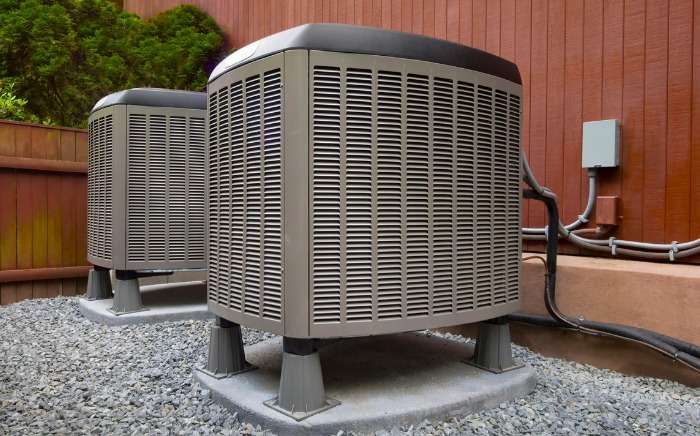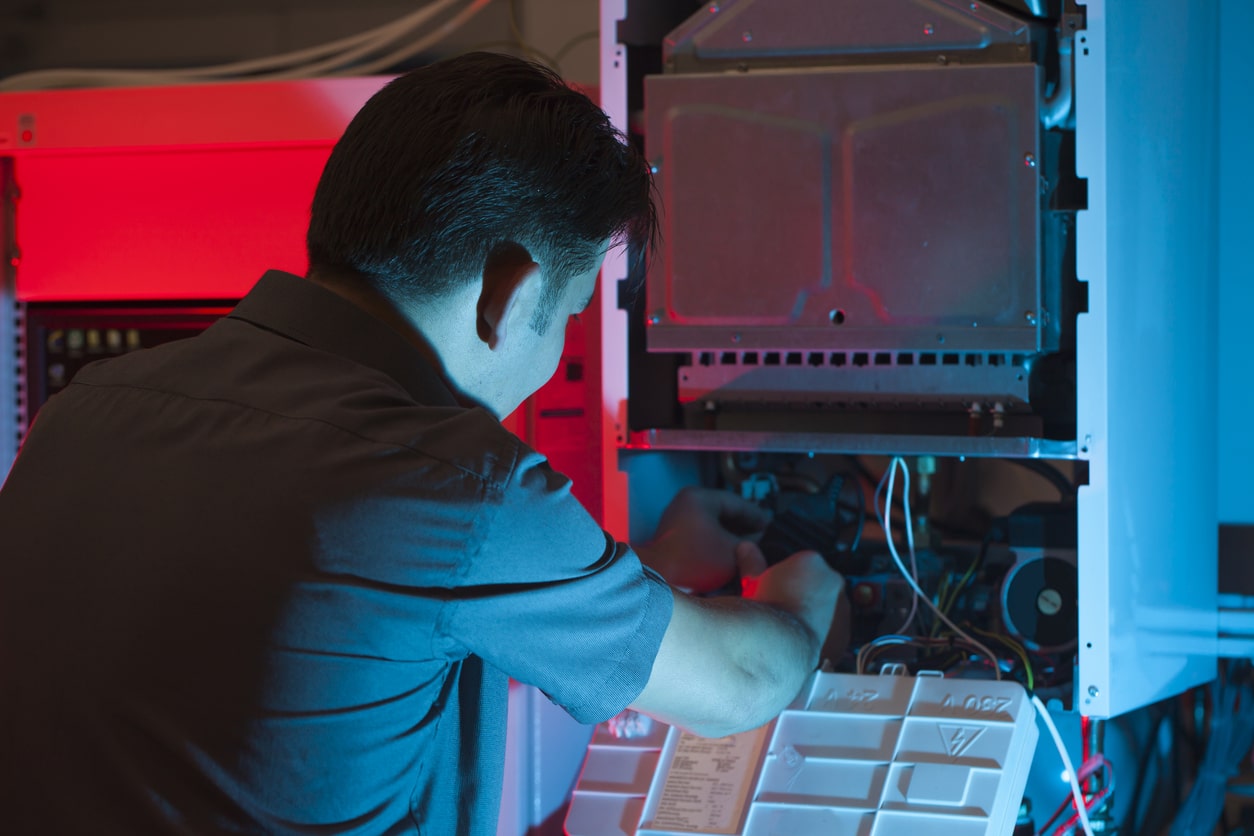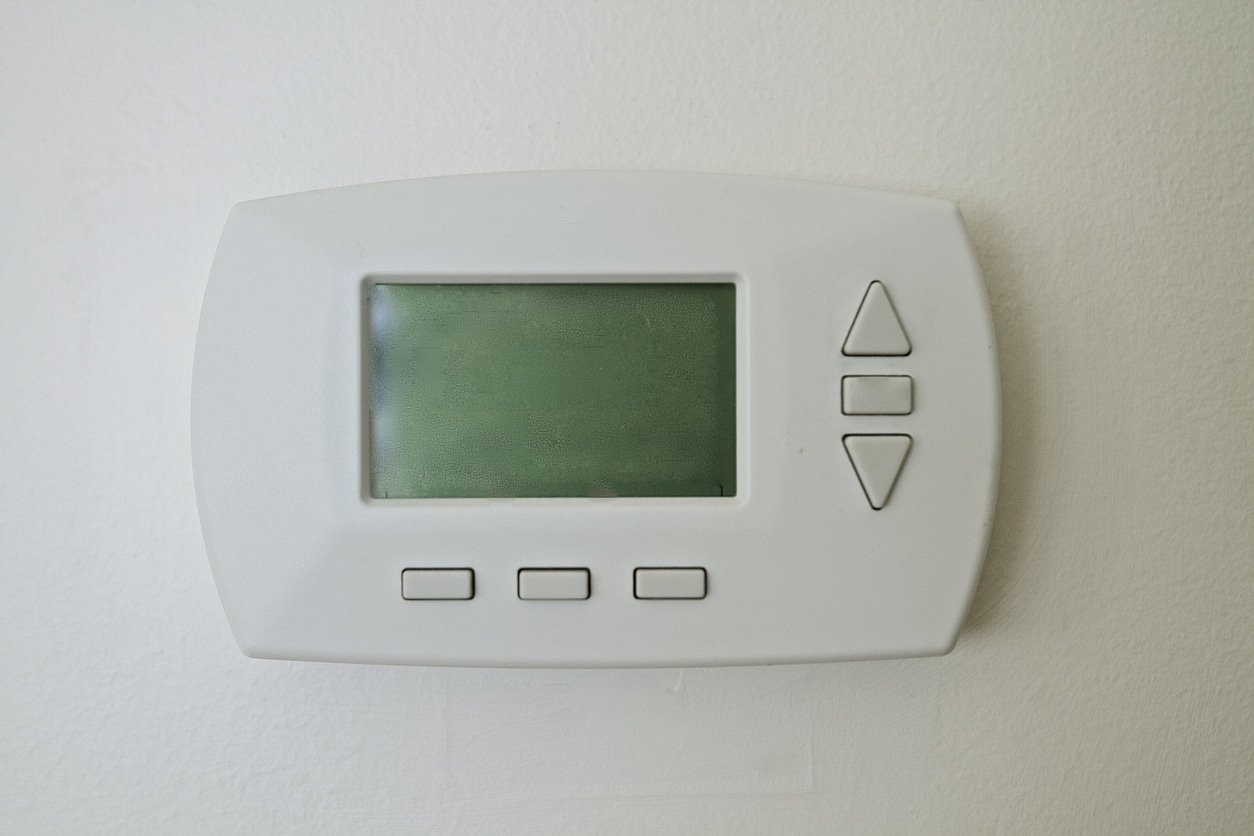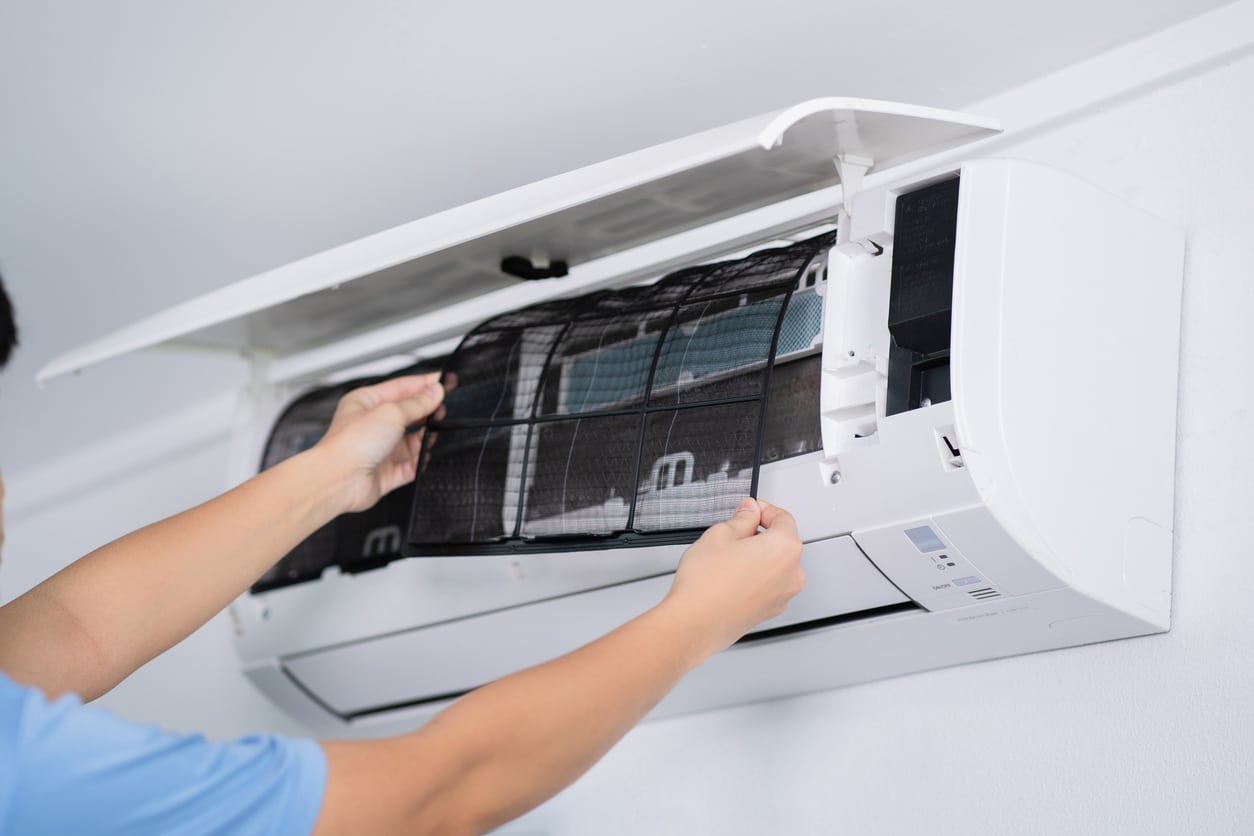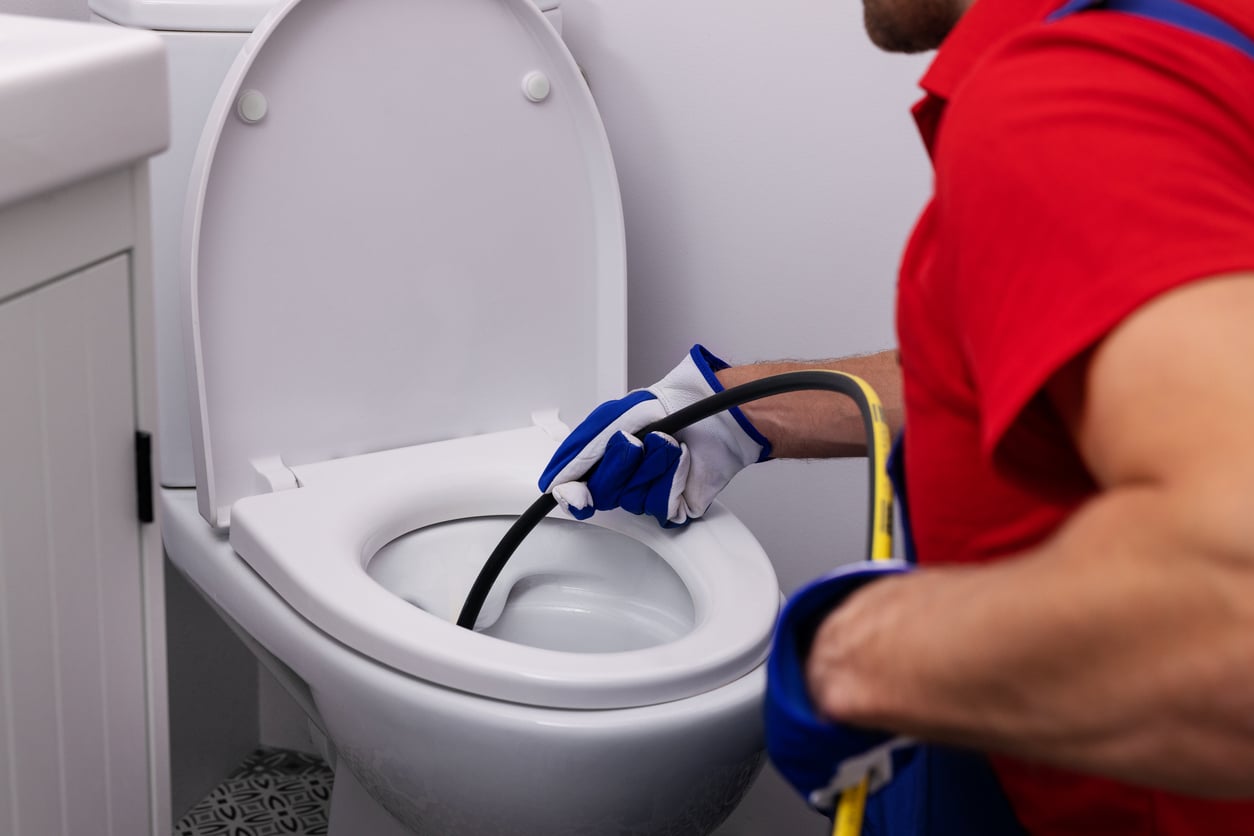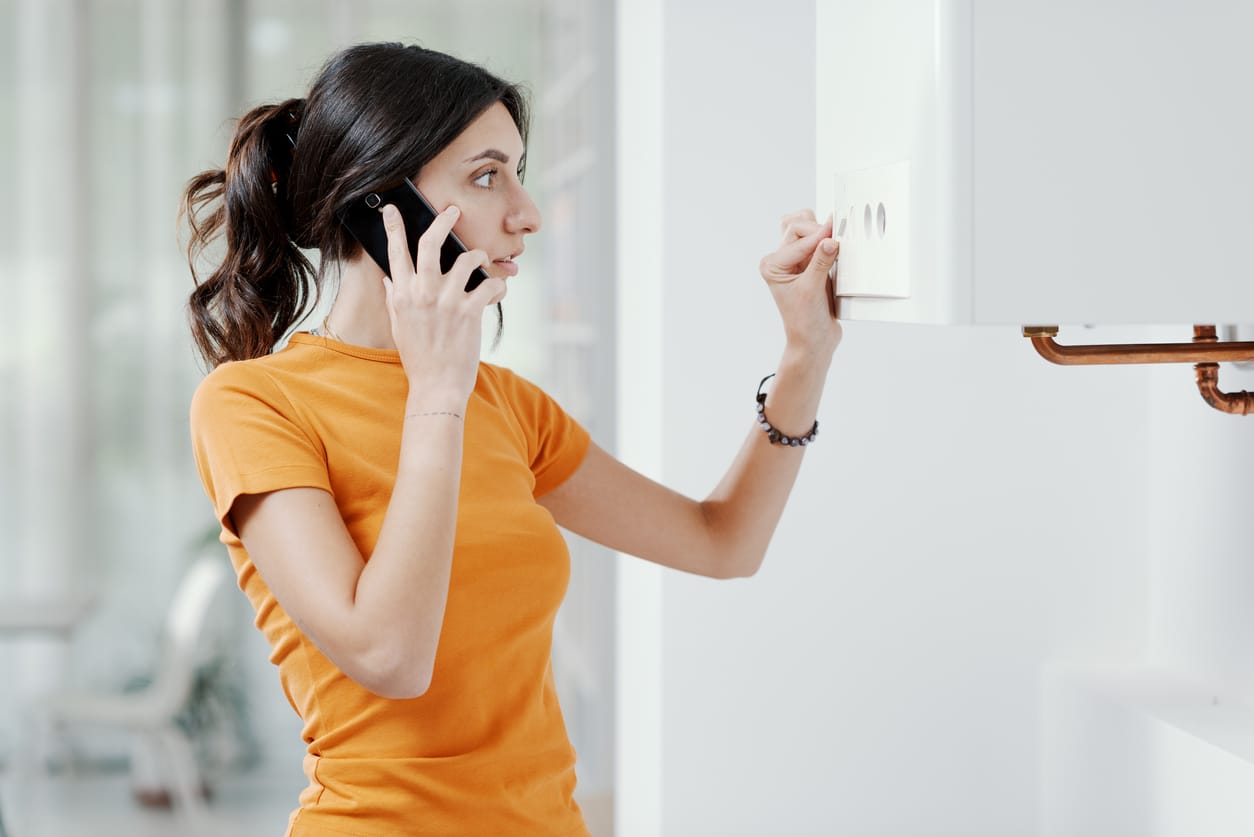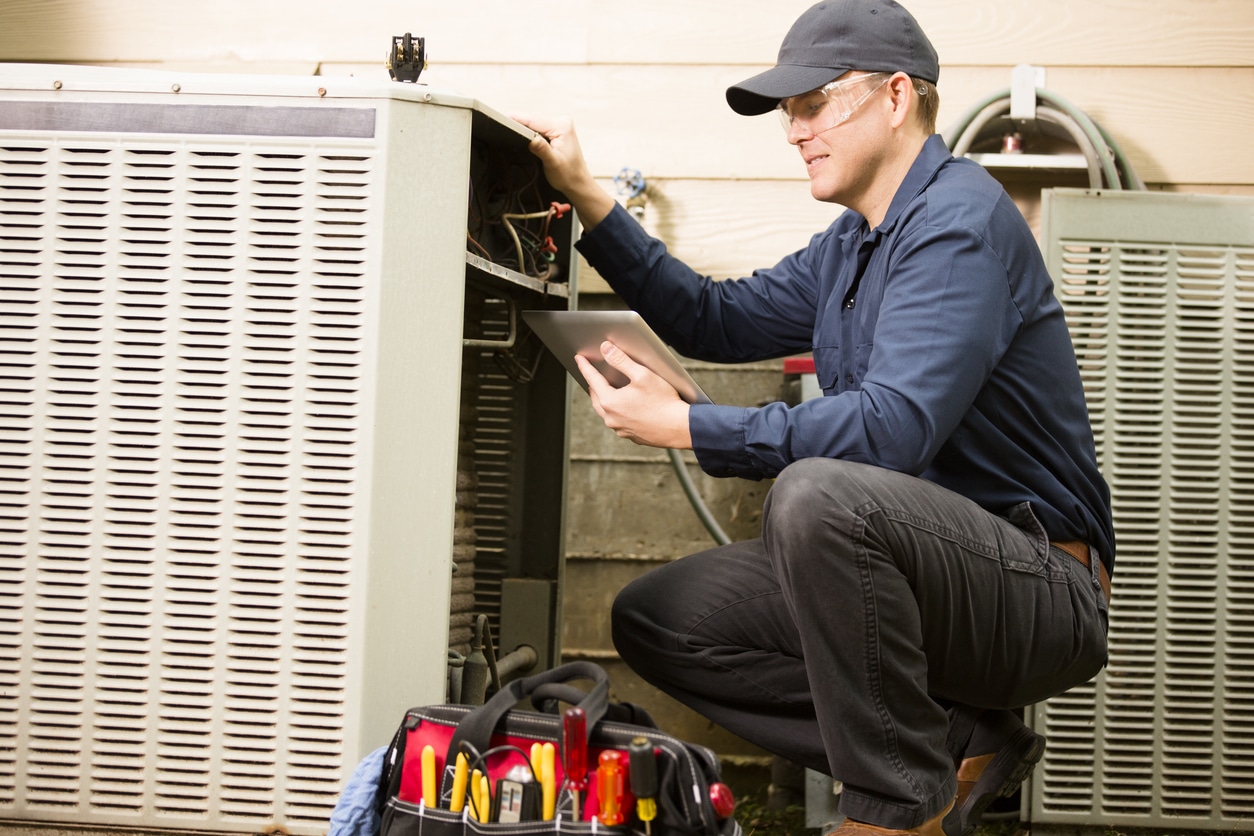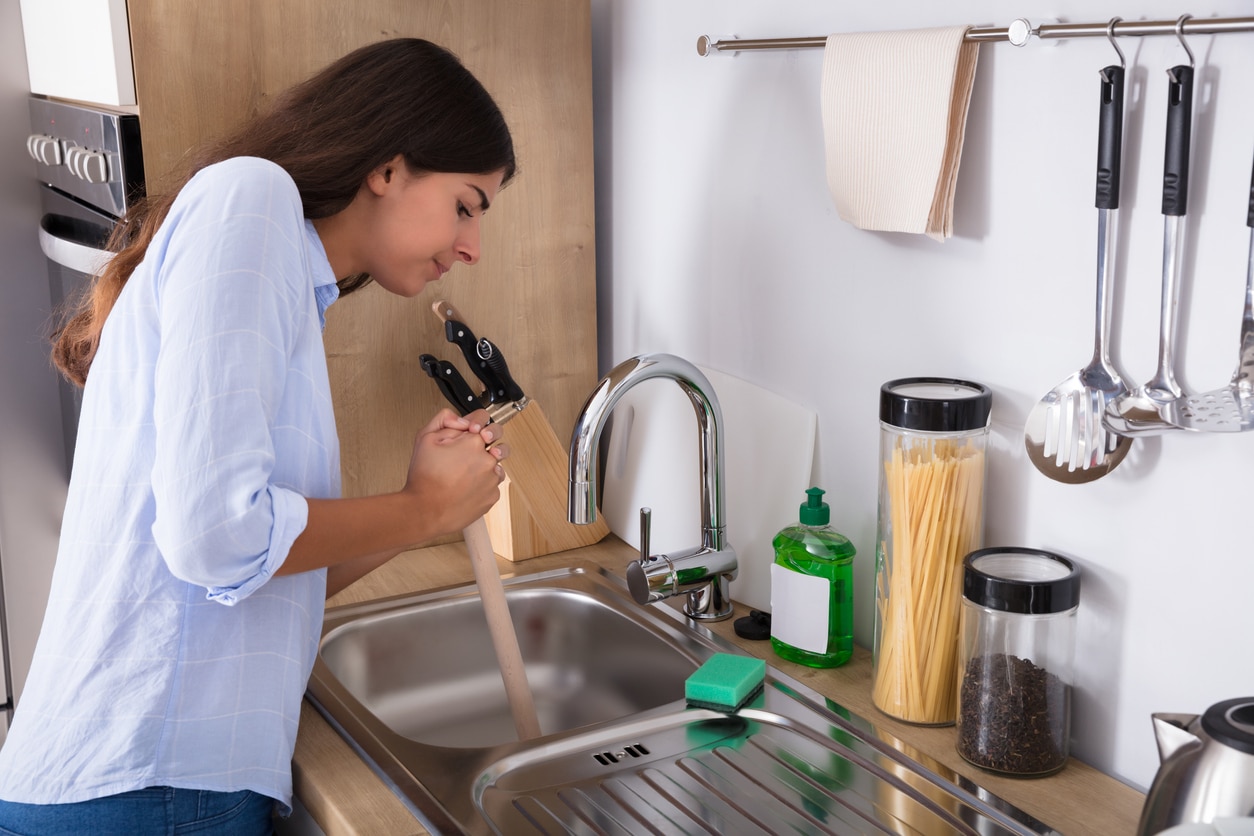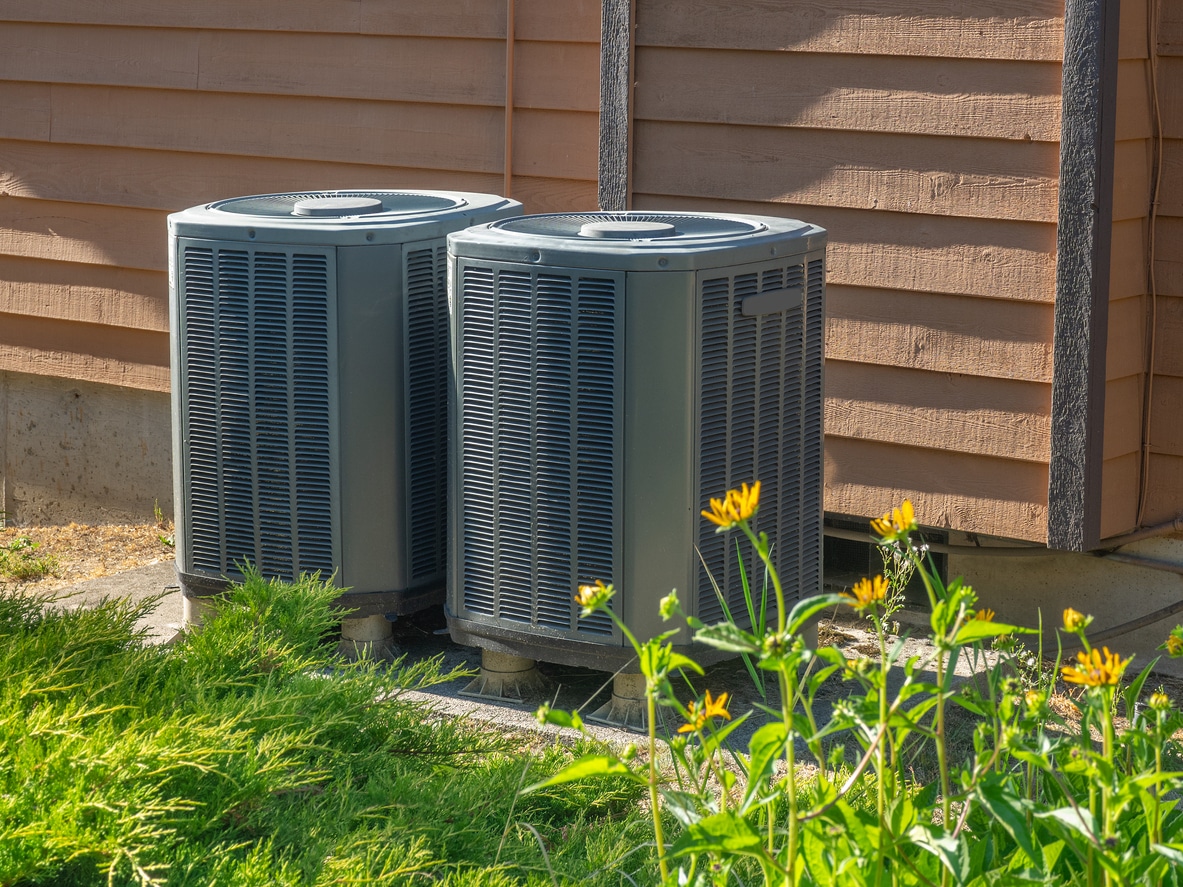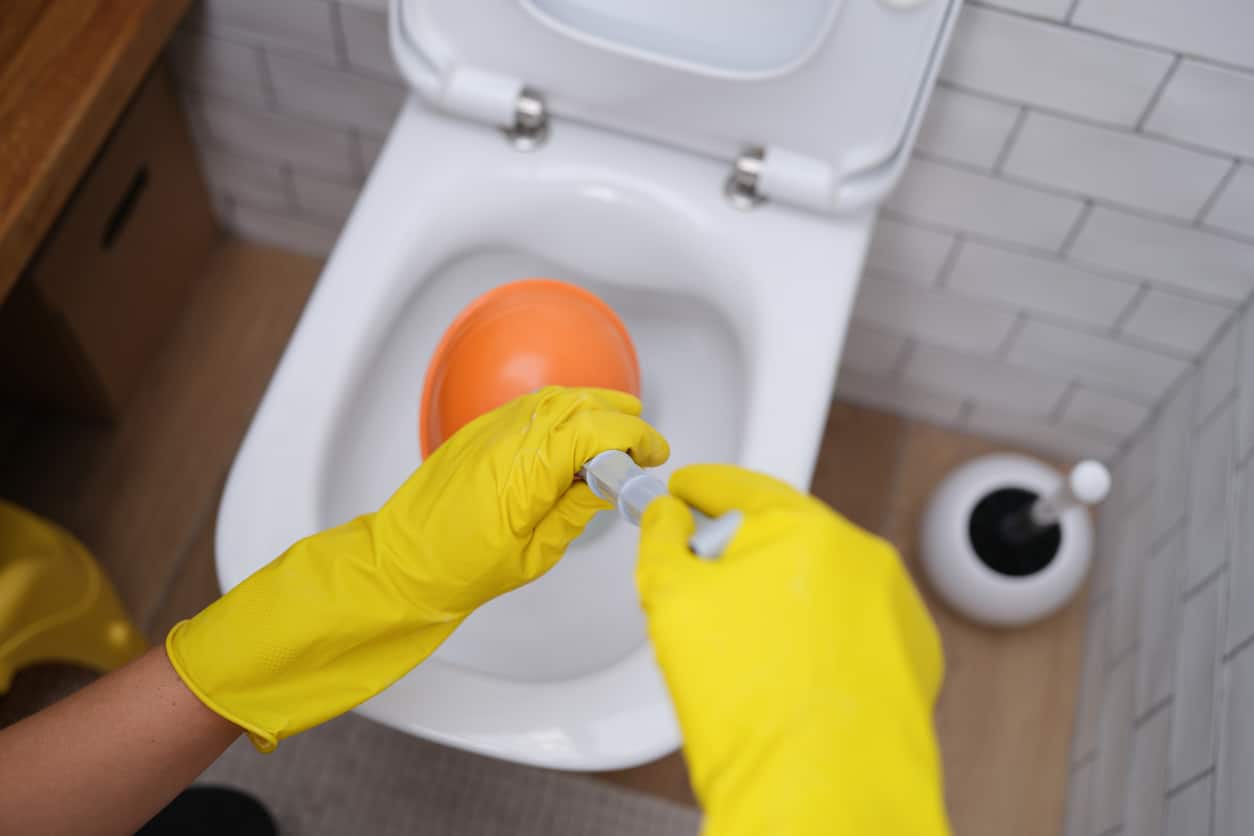A heat pump is a piece of equipment that essentially moves heat. Heat pumps are an excellent alternative to traditional heaters like furnaces due to the fact that they are more energy efficient and can reduce the amount of electricity you use. Below are some tips to keep your efficiency high and your energy consumption low.
- Heat pumps have a lower supply of air temperature than what you would find with a traditional oil or gas furnace. Because the supply air temperature is lower, heat pumps often must run longer to supply the same amount of heat. Oftentimes, especially when temperatures drop into the low 30s, heat pumps run constantly. This should not be cause for concern, as heat pumps were designed to run continuously.
- Heat pumps have two settings. The first is the heat pump, which is the most efficient setting as it conserves the most energy. The second setting is known as the backup. The backup is designed to supplement the heat output when temperatures drop too low for the heat pump to handle alone. The lower the temperature, the more the backup will be used. This happens automatically and does not require any action on your part.
- Because the backup will come on as needed, it is not recommended that you manually turn it on. While it is a necessary feature, it is also more expensive and consumes much more energy than the heat pump alone.
- To minimize the use of the backup, avoid changing the temperature setting too often. Adjusting the temperature causes the backup to come on unnecessarily. The easiest way to avoid this is to find a comfortable temperature and leave it alone.
- Heat pumps have an emergency switch. The purpose of this switch is to provide heat even if the pump itself is damaged or broken. This switch should only be used in such situations, as flipping the switch turns the heat pump off and uses the backup only.
- In order for your heat pump to run optimally, it is recommended that you change the filters regularly and clean them monthly. Most manufacturers include maintenance guidelines to help keep your pump running efficiently and effectively.
- Heat pumps are incredibly energy efficient because they move heat rather than create it. To ensure efficiency, it is recommended that you seal any gaps between doors and floors/ceilings. Make sure your insulation is sufficient, especially on floors or ceilings with cold rooms above or below.

